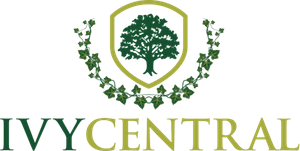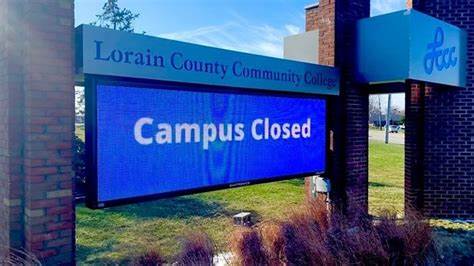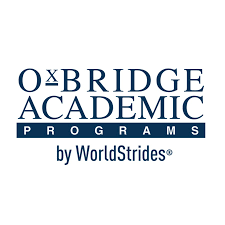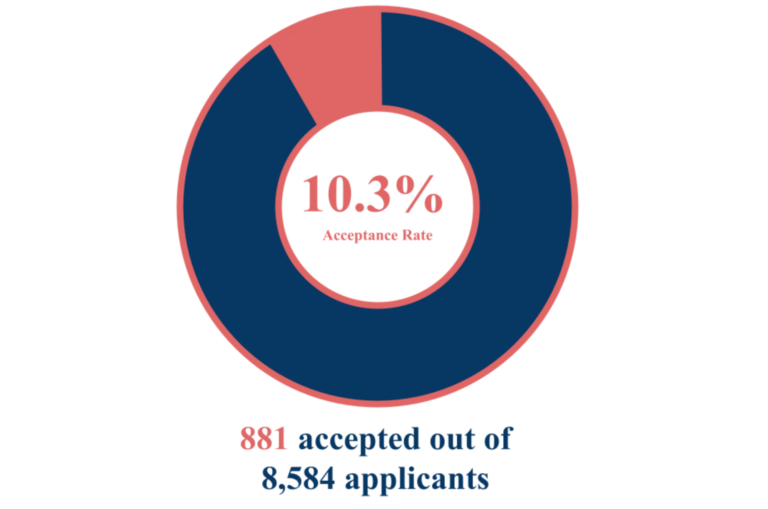
Not so long ago I had a long conversation with a parent who was concerned that their child was interested in applying to some liberal arts colleges. Through the conversation, we discussed just what a liberal arts education is and how appropriate it is for the modern employment market. In this blog, I’m going to share some of the points that came out of our conversation.
What is a liberal arts education?
The ‘Liberal Arts’ is one of the oldest subjects in the world, it can be traced back to ancient Greece where a liberal arts education was considered to be the mark of a truly educated individual. In its original form a liberal arts education covered three areas: grammar, rhetoric and logic, collectively known as the trivium. Through the middle ages it was expanded to include a further four areas of study; arithmetic, geometry, music and astronomy, called the quadrivium.
The aim of this classical liberal arts education was to provide students with the foundations of understanding across the three main branches of knowledge: the humanities, the physical and biological sciences, together with mathematics, and the social sciences.
While retaining their roots in the classical seven liberal arts, a modern liberal arts curriculum may contain a broad scope of subjects and combine theoretical knowledge with practical, concrete information. This breadth of study produces a well rounded student possessing strong critical thinking and analytical skills, with the ability to apply those skills across various fields of study.
A liberal arts degree can be different from college to college but for students considering such a program of study, they should expect their curriculum to touch on each of the following areas of study.
-
Humanities – academic subjects that focus on human culture. Majors includes art, literature, linguistics, philosophy, religion, ethics, modern foreign languages, history music, theatre, speech, classical languages (Latin/Greek) etc.
-
Social sciences – these are focused specifically on human society and interpersonal relationships. They feature elements of hard science, including data and statistical analysis, using the scientific method to reach conclusions. Social science majors will include psychology, law, sociology, politics, gender studies, anthropology, economics, geography, business informatics, etc.
-
Natural sciences – comprised of both life sciences and physical sciences, their study seeks to understand the way the world and universe around us work. Majors include astronomy, biology, chemistry, physics, botany, archaeology, zoology, geology, Earth sciences, etc.
-
Formal sciences – these are areas of study that use formal methods and language to build knowledge, typically majors would include liberal arts for mathematics, logic, statistics, computer science etc.
Why study for a liberal arts degree?
The biggest complaint you hear from people about a liberal arts education is that it does not prepare you for a job. A typical liberal arts degree in something like history or philosophy can’t be compared to one in accountancy of computer science. While this is undoubtably the case those who favour a liberal arts education make the following points.
-
You can do anything – a liberal arts education is not about preparing you for a particular job, rather it prepares you for many different jobs by giving you the transferable skills required in multiple careers. You might think that the tech sector is awash with people who have technical degrees in areas like computer science, in fact most tech companies want to recruit people who can ‘humanise’ the technology, making it appealing to users.
-
Have the skills employers want – In their report on skill gaps, QS and the Institute of Student Employers, identified the most valued skills as being; problem solving, teamworking and communication. These skills are often referred to as ‘soft skills’ to distinguish them from hard technical or occupational skills needed to perform a specific job. A survey by Linkedin identified that business leaders prioritize soft skills over hard skills. It is the development of these skills that are prioritized in a liberal arts education.
-
Job security – There has been a lot of speculation about the impact of technology on the jobs we do now, and specifically that robots in one form or another will make many jobs people have now, extinct in the near future. There is undoubtably some truth to this speculation most experts agree that the jobs least likely to be replaced by robots are those that require some humanity. Careers where workers need to communicate beyond words are going to remain important careers for many years to come.
There is also the question of adaptability. A technical based education can quickly become out of date, many IT professionals say that their skills are out of date within ten years of graduating. While people in technical careers have good short term vocational development, they often struggle to maintain their understanding of developments in their field and lack the skills to adapt to positions that require a more holistic set of skills.
-
Follow the money – A common criticism of a liberal arts education is that, once graduated, students don’t earn as much money as their non-liberal arts peers. While a lot of research in this area has focused on starting salaries there has been less into the longer term earnings potential. The Hamilton Project looked at lifetime earnings of different majors and identified that a computer science major could expect to earn $3.2million over their working life, while a history major would earn $3.75 million and a philosophy major could earn $3.76 million.
-
Stand out in a crowd – majors like business and computer science are among the most popular areas of study for Ivy Central students, they are also among the most popular majors for students in the USA. Result, an increasingly competitive market for good jobs using the skills taught on such courses. One way to gain an edge on the competition is a well rounded education. An employee who is equally at home discussing technology and humanities is going to be highly sort after.
Read More: US Boston University
What can you do with a liberal arts degree?
As I have already discussed, a degree in the liberal arts is not about preparing you for a specific career, try finding a job opportunity for a philosopher! Instead, they will be using the knowledge and skills they develop, to find employment across many industry sectors. Here are just a few careers that a liberal arts graduate may pursue
-
Academia: the interdisciplinary knowledge and skills gained from a liberal arts education will lend an extra dimension as you explore, research, and/or teach a chosen subject.
-
Art: photography, commercial art, painting, interior, graphic and visual design
-
Education: pursue additional qualifications to become a teacher, where you can use your breadth of knowledge to help a wider range of students, or to teach a wider range of subjects.
-
Interpreter: many liberal arts students learn at least one foreign language, which can help you become a qualified translator, transcriber or interpreter, become a foreign language teacher or journalist, or work in the tourism and travel industry.
-
Marketing: whether you choose advertising, promotions, public relations, journalism, news editing or copywriting, the humanities subjects you cover in a liberal arts education will help you understand people better, while your communication skills will help you be better understood.
-
Political science: careers in this field include law, public policy, politics, business, and working for NGOs and charities.
-
Other career paths: biology (healthcare, laboratory assistant, research assistant), business (entrepreneur, store manager, salesperson), event planning, environment (conservation, public policy), finance (banker, accountant, financial analyst), law enforcement, research analysis (combining statistics and psychology), and social services (such as college counselling or therapy).






